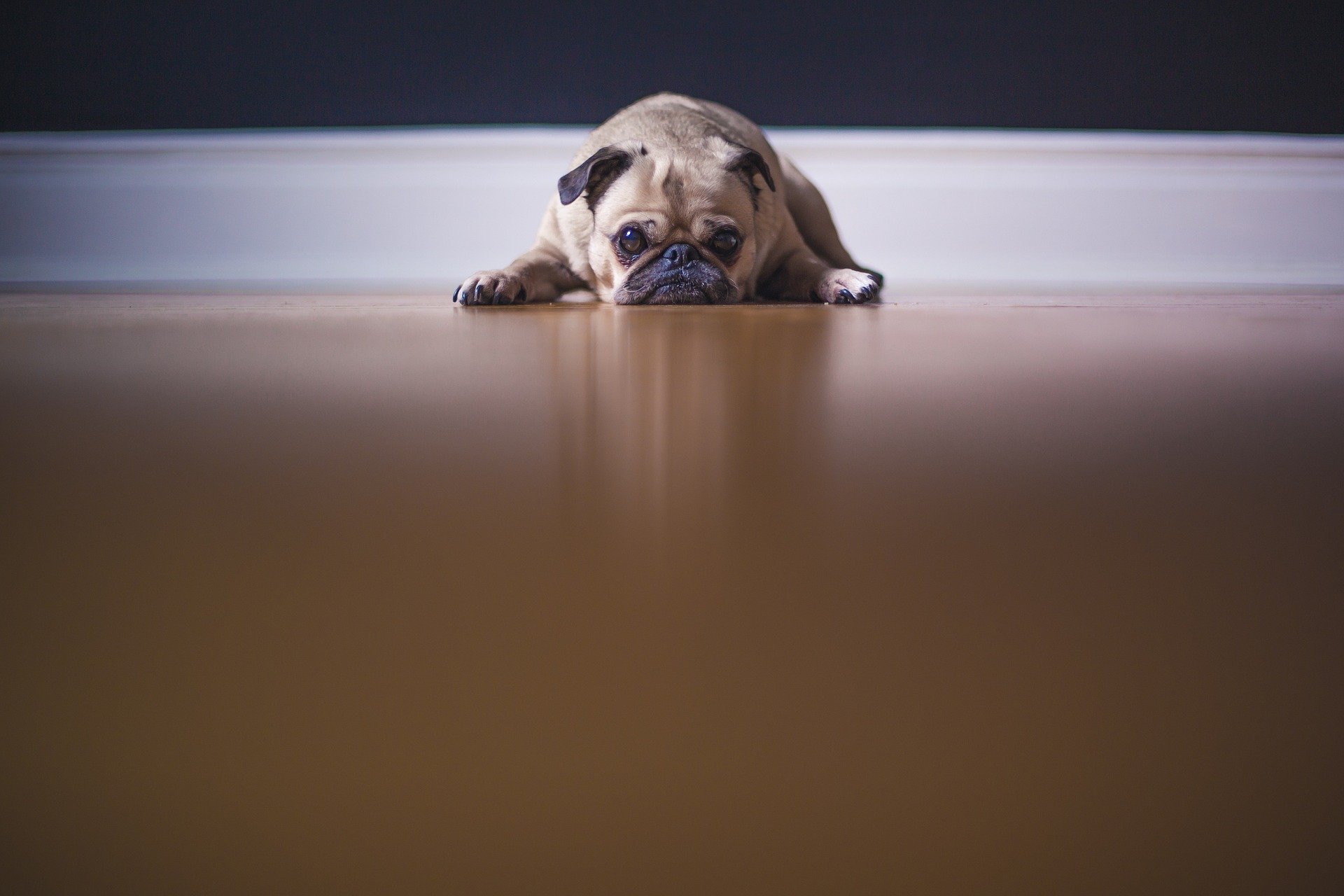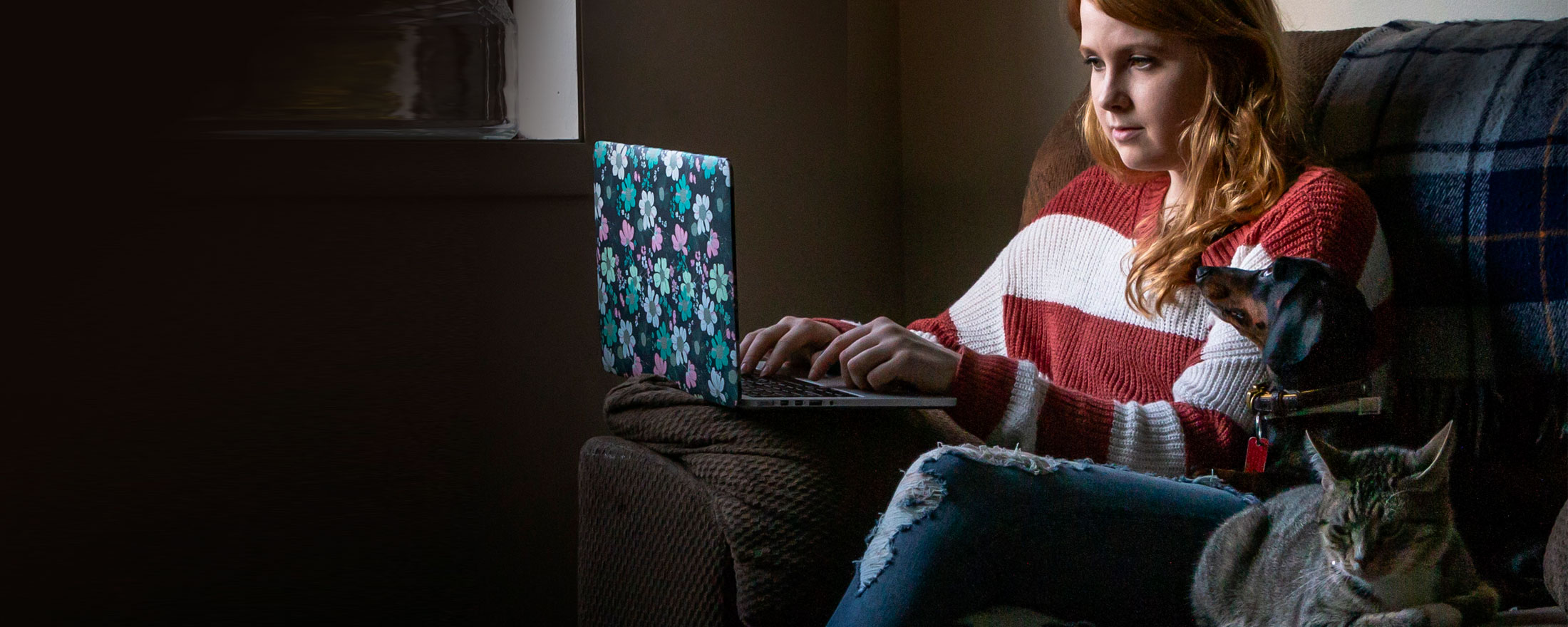
27 Oct How To Care For Your Pet After Dental Surgery
Aftercare for Dog & Cat Oral Surgery in Loveland, Castle Rock & Colorado Springs
We all need assistance and lots of TLC following surgery, and our furry family members are no different. After dental surgery, your pet will rely on you for loving aftercare. Our veterinary dentists at Animal Dental Care and Oral Surgery in Loveland want to support you in giving your pet the best care possible. Here are some tips for providing quality, compassionate aftercare for pet dental surgery:
1. Rest Up
Preparing a quiet, warm, and comfortable area for your pet to rest after surgery will help in the healing process. Your pet should begin recovering from the anaesthetic within a few hours, though it can take 24-48 hours to fully recover. During this time, your pet will most likely seem drowsy and may lack an appetite. If she remains drowsy, disoriented, or lacking in appetite after 24 hours, give us a call right away.
2. Antibiotics & Pain Relievers
Most likely, you and your pet will be sent home after surgery with pain relievers. It will be important to discuss pain relief administration in detail with your veterinary dentist before taking your pet home, and to follow the instructions on the bottle during homecare. If your pet refuses her at-home pain-relievers, give us a call so we can help you find a solution.
3. Postoperative Check-Up
Following your pet’s dental surgery, check with your veterinary dentist to see if she will require a postoperative check-up. If your pet requires this, make sure to schedule a follow-up postoperative appointment with us before taking her home.
4. Feeding Your Pet After Surgery
Talk to your veterinary dentist about postoperative feedings before taking your pet home. Typically, she will need a very small meal two hours after surgery. Depending on the type of procedure, she may need to avoid hard kibble and treats for a few days until an appropriate level of healing has occurred. Kibble can be softened with water, or canned food can be given. Some pets may need a watered-down or liquid diet for a prescribed amount of time. Make sure to encourage her in drinking water as soon as possible—and as regularly as possible—as water is essential to the healing process. If she refuses to eat 24 hours after surgery, give us a call right away.
5. Check for Signs of Postoperative Complications
Once your pet has recovered from anesthesia and is back to eating a (mostly) normal diet, it is important to continue keeping a close eye on her healing in case infection occurs. Pets often show no signs of pain, even when they are suffering. There are some subtle signs of pain to look out for following a dental surgery. If you notice any of the following signs in your pet, give us a call:
- She is able to eat hard food again, but doesn’t want to.
- Disinterest in favorite chew-toys.
- Dropping food while trying to eat.
- Aggressive or painful behaviors when you touch her face.
- Halitosis.
- Pawing at her face or rubbing it against objects/floor.
- Excessive drooling.
- Swelling or bleeding around the wound.
- Drainage from the eyes.
- Swelling around the eyes.
Vet Dentists in Loveland
At Animal Dental Care and Oral Surgery in Loveland, we want to support you in giving top-notch aftercare for pet dental surgery. We would love to help you create a care plan, and we’re always a phone call away if you have any questions or concerns regarding your fur baby’s healing.
Image by Free-Photos from Pixabay (10/27/2019)
Do you need help caring for your pet after surgery in Castle Rock, Colorado Springs or Loveland, CO?
Contact us today at (719) 536-9949!

